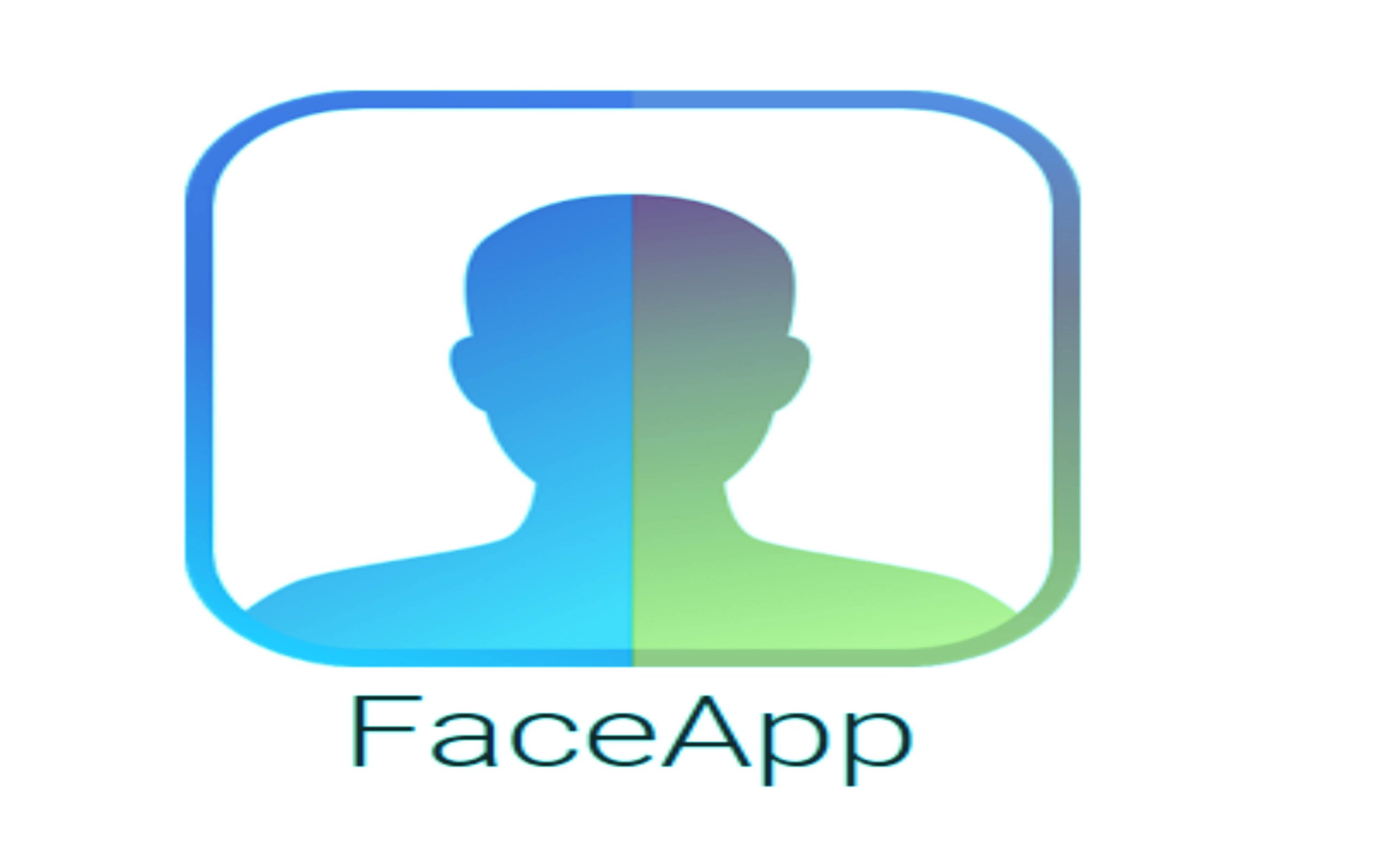FaceApp Is Fashionable, But What Risks Does It Contain?

- FaceApp is an application for iOS and Android that is, in recent years, very popular. It has been virtualized and thousands of users have published and shared on social networks the images created by this application. The question is simple: from any photo, it is possible to apply age filters, hairstyles, glasses, and others, and look very different from how we really are.
- The artificial intelligence makes it possible to create these images, and being more sharing are those in which we see ourselves with a few years as if we were really elderly. Now, is it a secure application from the point of view of privacy?
- The answer is very simple: no. Of course, we have to explain why it is not safe. If we follow the General Data Protection Regulation, which, as we know, applies throughout Europe, this application does not comply with the regulations. FaceApp belongs to the Russian company Wireless Lab and, in its terms and conditions, expresses that our personal data may be shared with third parties. This, for starters.
- To follow, the privacy policy of the application is, at least, opaque. That is, nothing transparent. The FaceApp privacy policy does not specify what is done with the data collected, or what is collected. In addition, it is not possible to delete or download such data in a simple way, something mandatory according to the aforementioned regulations. All we have is the “promise” of its creator that the data is not shared with third parties. As we can read about it in Rubygarage.
- We do not share or sell any user data with third parties. Although in the privacy policy some exceptions are reflected such as those «third-party organizations that help us provide the Service» and with «third-party advertising partners». On sending data to Russia, Goncharov [the founder] explains that “although the core R&D team is in Russia, user data will not be transferred to Russia.”
- The risks of using FaceApp are basically that we give up our privacy to some extent, and that we don’t know exactly where that data will end, our photos. Although there is no evidence of this, some media and analysts suspect that the millions of photos uploaded to the application (and processed by it) could serve as training for facial recognition algorithms.
- This would not be far-fetched if we think about it since the application itself uses image processing algorithms that share similarities with facial recognition algorithms. At least, the set of input data for those workouts is diverse enough to think it would be worth doing.
- The sure thing is that the application does not comply with the GDPR, something that should make us think about not using it, just in case.
Also Read: Security Tips For Mobile Payments






